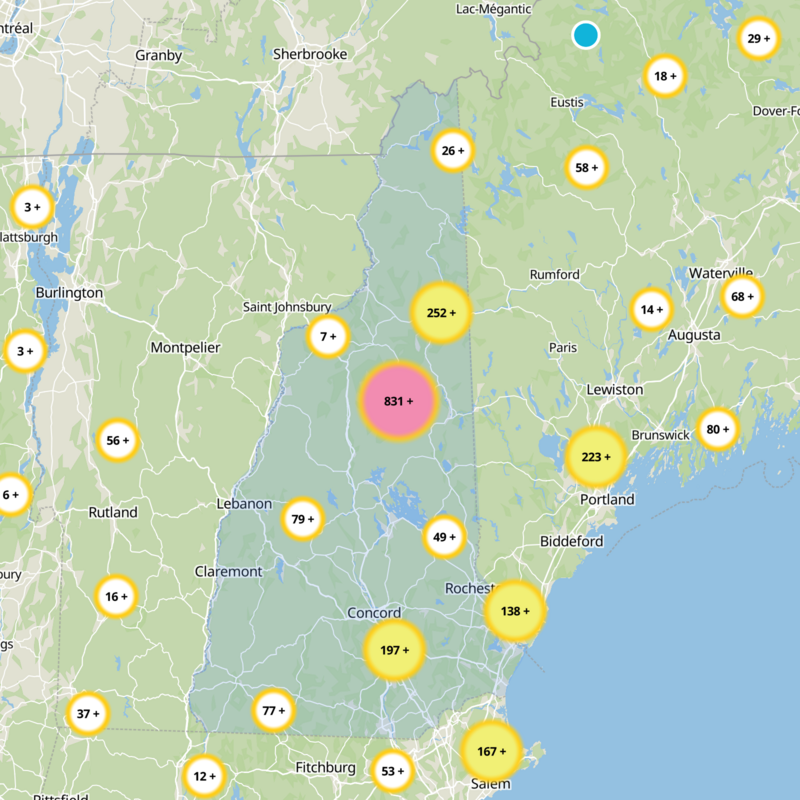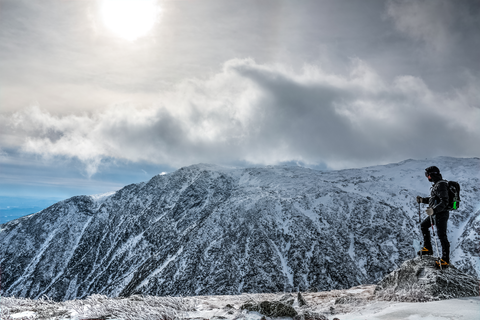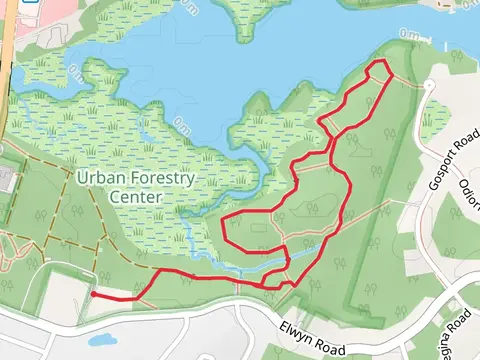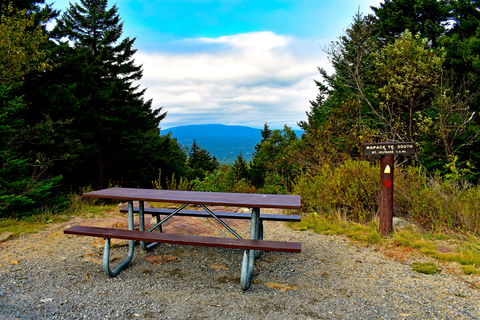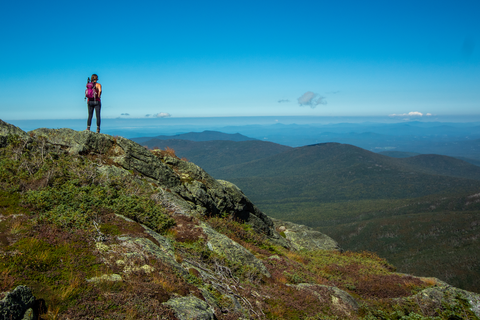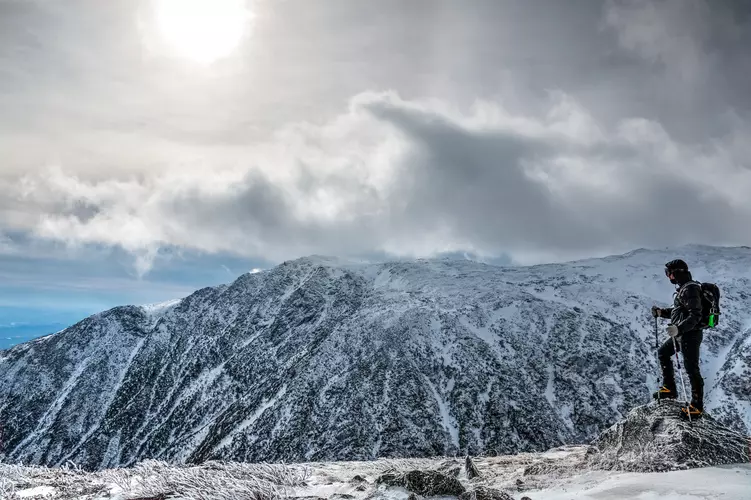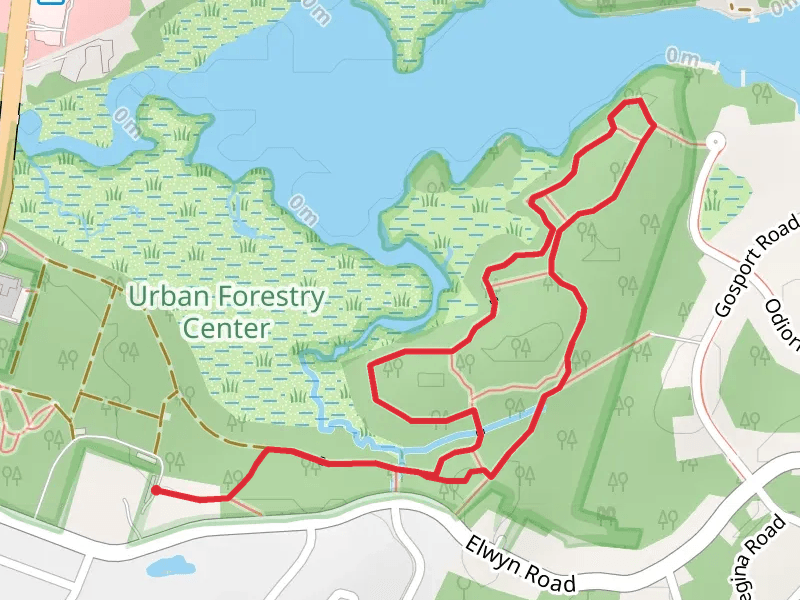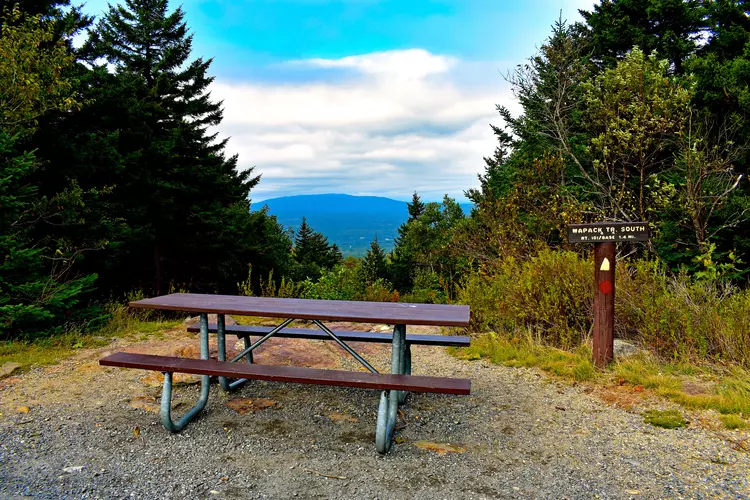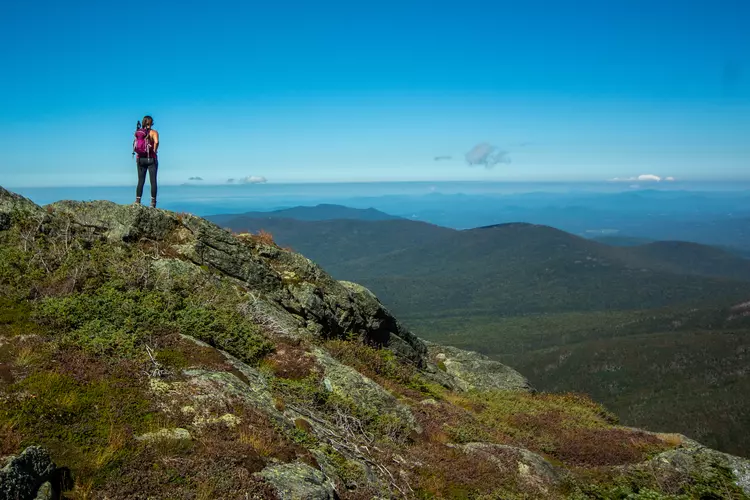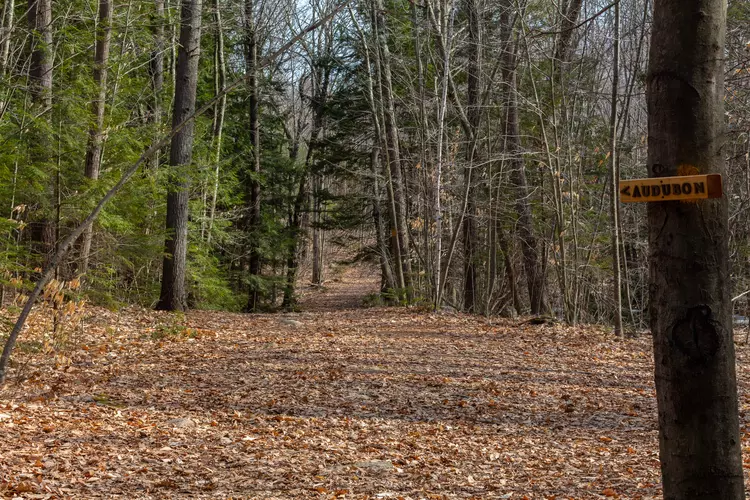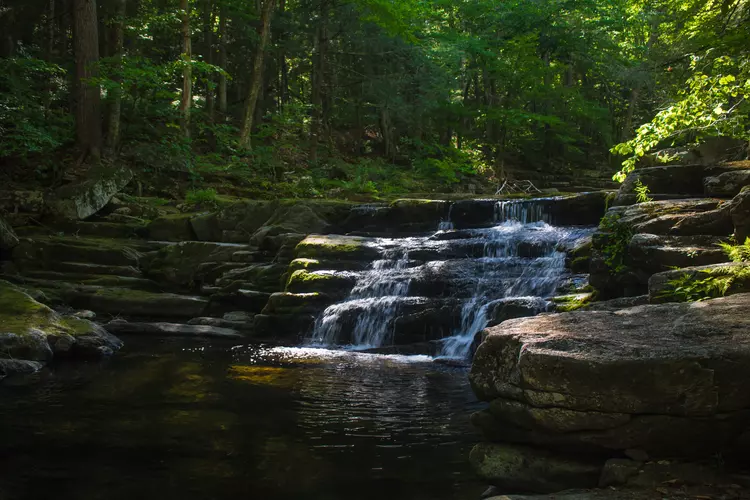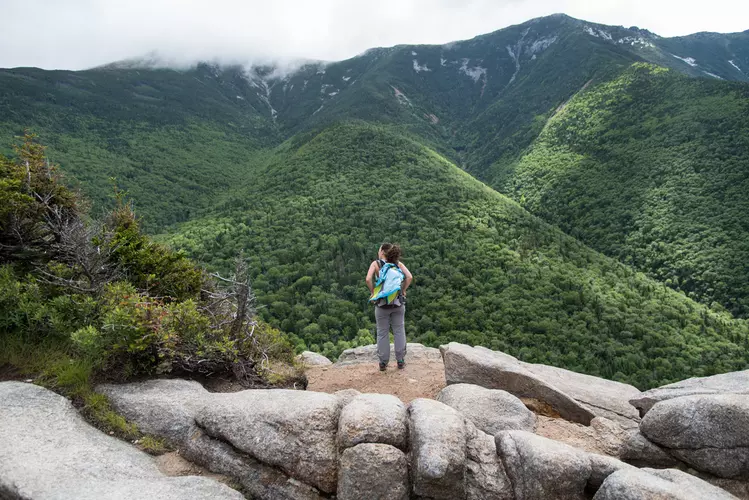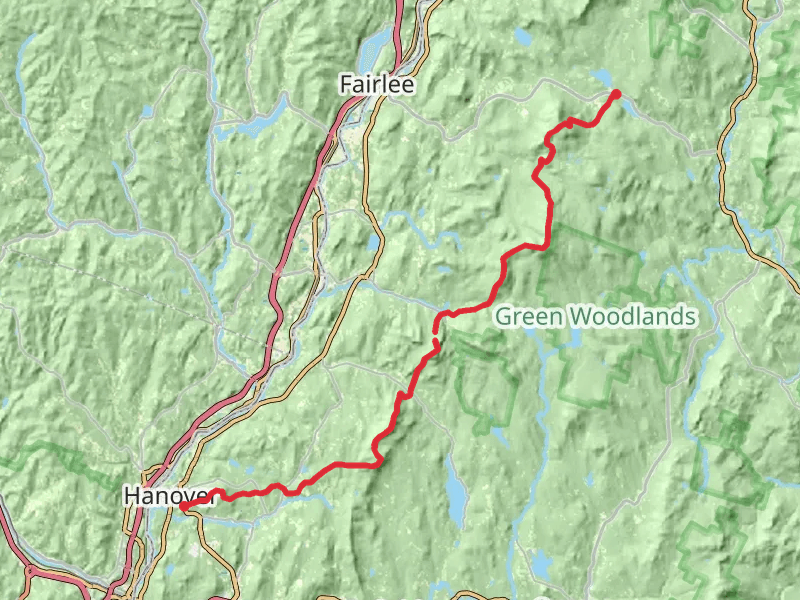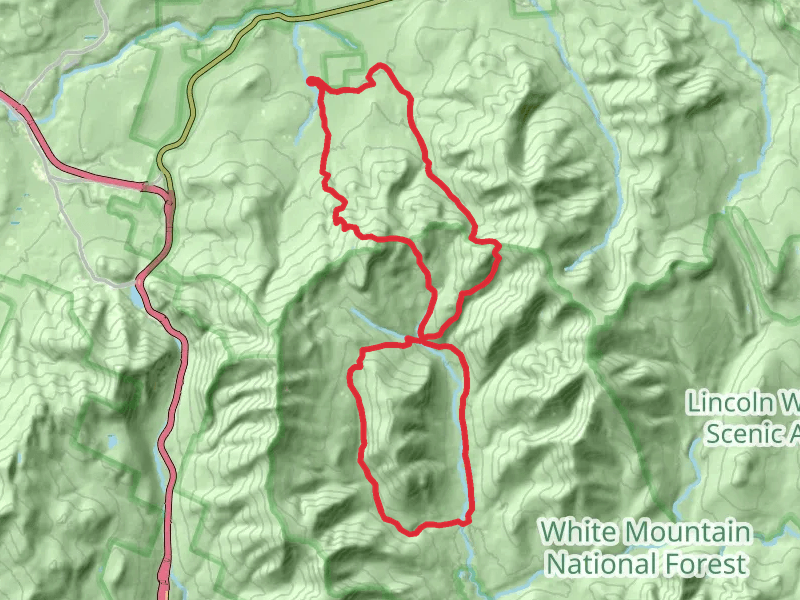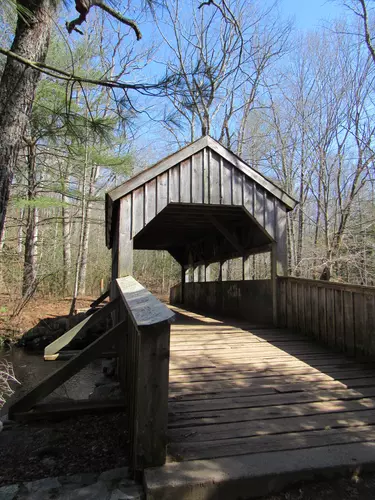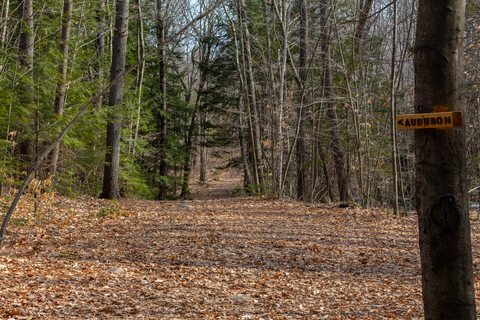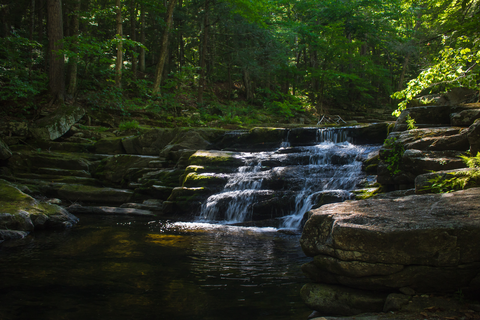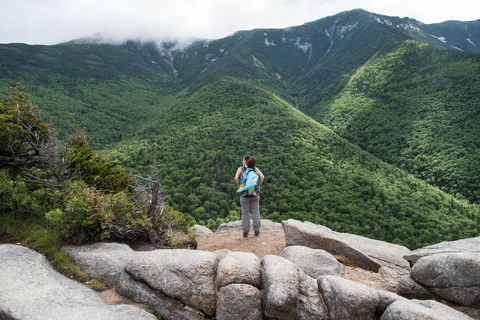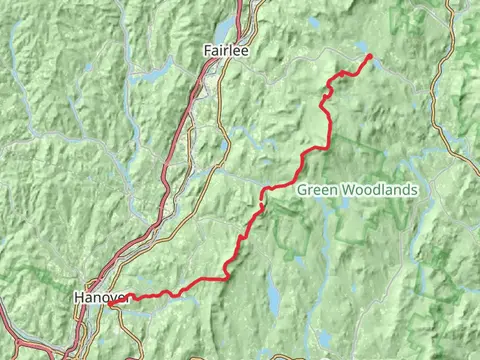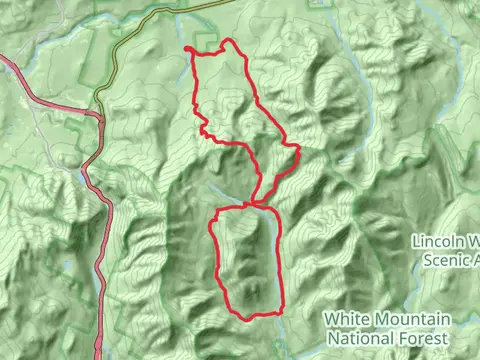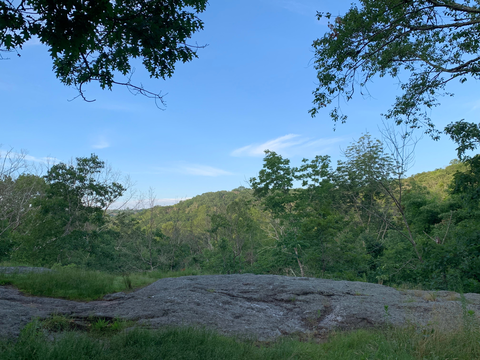"Explore New Hampshire's trails for breathtaking vistas, serene landscapes, and soul-stirring adventures."
New Hampshire, a hiker's paradise, offers trails that weave through the majestic White Mountains, where the Appalachian Trail beckons with its rugged beauty. Discover the serene allure of Franconia Notch, where waterfalls and wildlife abound, or ascend Mount Washington for breathtaking vistas. Each path, from the lush forests of the Monadnock Region to the tranquil shores of Lake Winnipesaukee, promises adventure and tranquility. Embrace the call of the wild and let New Hampshire's trails inspire your soul.
Most popular hikes
FAQs about hiking in New Hampshire






More hikes in New Hampshire
by difficulty
by type
